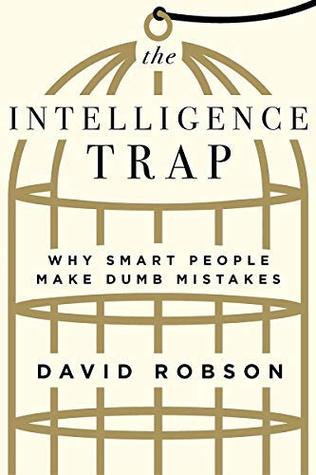Unfortunately, the work on dysrationalia shows us this is far from being the case. While university graduates are less likely than average to believe in political conspiracy theories, they are slightly more susceptible to misinformation about medicine, believing that pharmaceutical companies are withholding cancer drugs for profit or that doctors are hiding the fact that vaccines cause illnesses, for instance.5 They are also more likely to use unproven, complementary medicines.
Welcome back. Just a moment while we sign you in to your Goodreads account.


